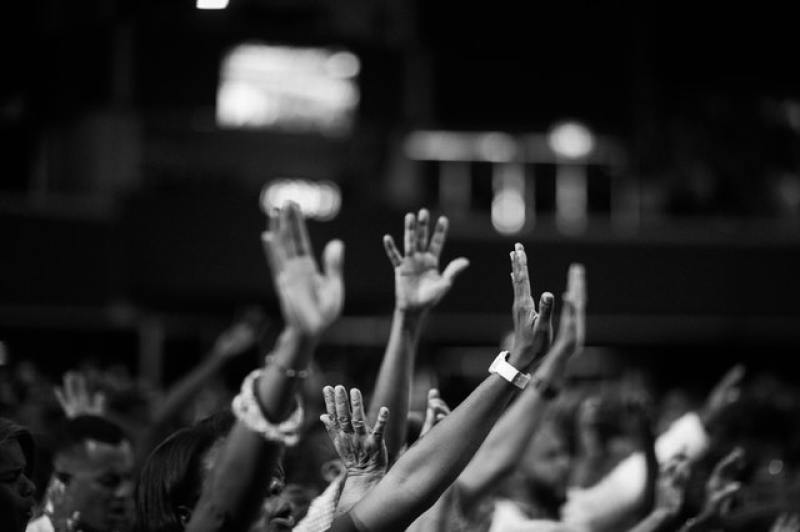
The United States Supreme Court reportedly favored religious liberty protections in 2021 in the same way it did in 2020 despite continuous threats to the rights of the faithful.
World said that the Supreme Court applied balance in its decisions this year by favoring to protect the rights of the faithful against "those whose views are increasingly disfavored in post-Christian America." World cited several significant cases that won in favor of religious liberty this year.
"Like 2020, this year has seen continued threats to religious liberty... As always, bad news is tempered by the good and by a belief in God's providence," World said.
This report gives credence to the University of Chicago Press' The Supreme Court Review released last April that stated religious liberty is winning in the United States Supreme Court. The review noted that the Supreme Court favored religious liberty by 81% being headed by conservative Chief Justice John Roberts. This favorability percentage is said to be a 31% increase in the court's decisions previously or within the past 70 years.
One of the significant cases on religious liberty involved that of California Governor Gavin Newsom's total ban on indoor worship, which was struck down by the Supreme Court in February. The justices concluded that the state could not treat churches with a limit of 25% building capacity like businesses.
Associate Justice Neil Gorsuch raised that the government has a constant duty to uphold the United States Constitution especially in times of crisis, pertaining to religious liberty. Gorsuch and the judges similarly blocked California from implementing in-home gatherings for worship restrictions two months later through the case Tandon v. Newsom.
"Efforts to curb executive powers didn't stop with the courts. Over half the state legislatures passed laws restricting the power of governors and health officials to issue broad edicts-particularly those banning worship gatherings-including Delaware and Arkansas," World said.
"No one, of course, wanted a pandemic to help draw the line on the power of governmental officials, yet the outbreak showed how officials can justify the use of power in a time of real or perceived crisis. It's a helpful reminder of the Founders' wisdom in providing a government with a system of checks and balances," the media outlet emphasized.
Another case involving religious liberty is the lawsuits on the COVID-19 vaccine mandate of President Joe Biden. The United States Appeals Court lifted a week before Christmas. Christianity Daily reported that the United States District Court for the Southern District of Georgia Augusta Division struck down the nationwide implementation of Biden's vaccine mandate for federal contractors early this month. The court's decision is said to be "the third of Biden's vaccine mandates to be stopped by the courts."
The first involved a temporary injunction issued by U.S. District Judge Matthew Schelp on the mandate imposed on healthcare facilities as per the policy implemented by the Centers for Medicare and Medicaid Services that Biden announced last November. The second decision involved that of United States District Judge Terry Doughty of Louisiana with a similar temporary block on the same policy.
World said these decisions would leave the states to decide the implementation of the mandates in their jurisdiction, which means of the states only since "healthcare workers in about half the states are not required to be vaccinated." Though the court announced this week it will hear oral arguments on the vaccine mandates come January 7, 2022.
A third significant case on religious liberty involve Sharonell Fulton v. Philadelphia where faith-based adoption facilities were favored by the court and protected from liberty and gay rights, particularly against "laws barring discrimination based on sexual orientation or gender identity when placing children." The Supreme Court decided last June that Christian foster agencies should not be forced by the state to place kids with same-sex couples.
World also cited "school fights and victories" pertaining to the effort of LGBTQ activists to stop federal funding for Christian colleges, as well as, efforts of universities targeting Christian organizations, such as the case of the University of Iowa who was asked by the court to pay $2M in settlement over a religious freedom case.
"As the year closes, we can have hope in God's words to an Old Testament prophet: 'My counsel shall stand, and I will accomplish all my purpose' (Isaiah 46:10)," World concluded.




















